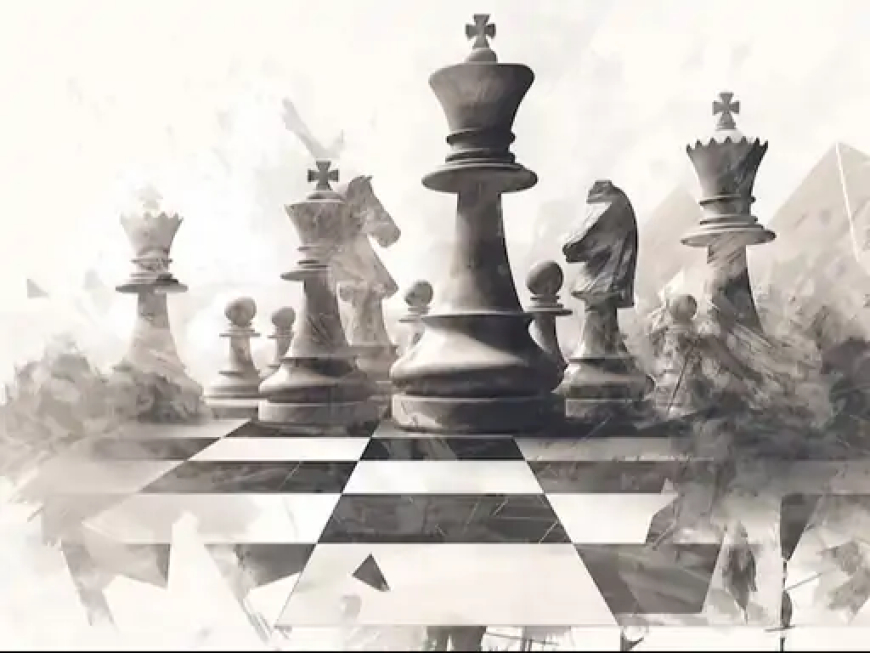ChatGPT Beats Grok in AI Chess Final, Gemini Finishes Third
ChatGPT defeats Grok in the AI chess final with strategic brilliance, Gemini claims third, marking a new era of AI-powered competitive play.

Introduction
In the fast-evolving world of artificial intelligence, competitions are no longer limited to humans — AI models now battle for supremacy in strategy-based games too. Recently, the AI chess final made headlines when ChatGPT outperformed Grok and secured victory, with Gemini finishing third. This milestone showcases how AI is pushing the boundaries of cognitive reasoning and strategic play.
History of AI in Chess
AI chess history dates back to the mid-20th century, with early programs like IBM’s Deep Blue defeating Garry Kasparov in 1997. Over the years, AI models have evolved from rule-based systems to advanced neural networks capable of simulating human-like thinking. This latest tournament marks another chapter in the ongoing AI chess revolution.
The Event – How ChatGPT Beat Grok
In the highly anticipated AI chess championship, ChatGPT’s updated reasoning engine, trained with deep strategic datasets, outmaneuvered Grok’s aggressive playstyle. Elon Musk, associated with Grok’s development, admitted that ChatGPT’s ability to balance defense and offense, along with adaptive move prediction, proved decisive.
Gemini, though technically advanced, fell short in mid-game transitions, allowing ChatGPT to secure a clean victory and Grok to take second place.
Purpose and Reason Behind the Win
OpenAI’s objective in competing was to showcase ChatGPT’s enhanced decision-making, adaptability, and real-time learning capabilities. Unlike traditional chess engines, ChatGPT analyzed psychological play patterns, predicting Grok’s moves and countering with precision.
Importance and Significance
-
Proves AI can adapt and strategize beyond predefined algorithms
-
Enhances AI’s application in real-time decision-making industries
-
Inspires AI research collaboration and competition globally
Advantages
-
Encourages innovation in AI reasoning and problem-solving
-
Promotes friendly AI competition for better development
-
Demonstrates potential for AI-assisted learning in chess and beyond
Disadvantages
-
Raises concerns about AI surpassing human expertise in strategy
-
Could reduce human interest in competitive chess if AI dominance grows
-
May lead to over-reliance on AI for critical decision-making
Conclusion
The victory of ChatGPT over Grok in the AI chess final is not just a win in a game — it’s a demonstration of how far AI has come in strategic thinking. With Gemini also showcasing strong capabilities, the competition signals a future where AI models not only assist humans but challenge and inspire them.

 Ellofacts
Ellofacts 





